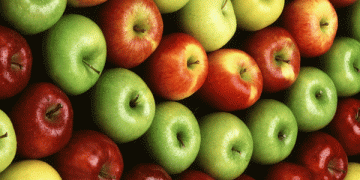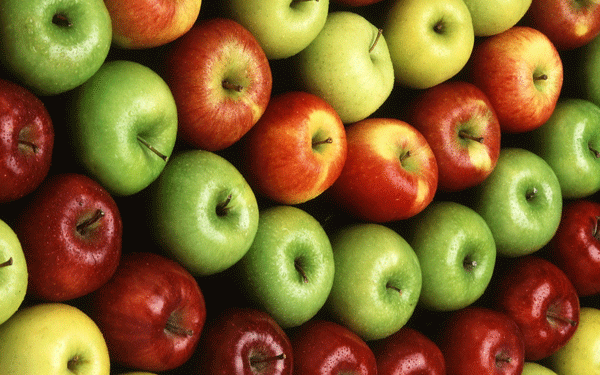This year’s apple and pear harvest in Burgenland, Austria, began two weeks earlier than last year, a consequence of an unusually warm early year. The early start has led to optimistic quality assessments, with the 2024 harvest expected to produce particularly sweet and juicy apples and pears, thanks to favorable summer and autumn weather. While overall yields are predicted to be average, they vary significantly by region due to localized frost events earlier in the year.
Burgenland, one of Austria’s major apple-growing regions, is home to approximately 111 intensive fruit farms, cultivating around 337 hectares of apples and 22 hectares of pears. Popular varieties such as Gala, Elstar, Golden Delicious, Jonagold, and Braeburn are staples of Austrian production, which contributes to the country’s 88% self-sufficiency in apples. With an annual consumption rate of 17-18 kilograms of apples per person, the demand for this versatile fruit remains strong across the nation.
Climate Change: A Growing Challenge
Climate change is making it increasingly difficult for Austrian fruit farmers to achieve consistent yields. Warmer winters, unpredictable frosts, and extreme weather events like hailstorms have led to significant yield losses in recent years. Normal harvests have become a rarity, as more frequent weather-related incidents—such as frost damage in early spring—directly impact production volumes. Farmers are being forced to invest in costly technologies like frost protection and hail nets to mitigate these risks, but the financial strain is mounting.
The insurance rates reflect this growing concern, with approximately 51.4% of fruit farms insured against hail and 39.4% against frost. Yet, even with insurance, the costs of adapting to a changing climate are taking a toll on many operations.
The Bureaucratic Burden and Market Pressure
Adding to the challenges posed by climate change, stricter regulations on pesticide use, the emergence of new pests, labor shortages, and rising input costs are pushing Austrian fruit farmers to the brink. For instance, energy costs, fertilizers, and labor wages have all increased, yet farmgate prices for fresh, unprocessed apples have remained alarmingly low.
The discrepancy between consumer prices and what farmers actually receive is stark. Despite retail prices of apples averaging €2.12 per kilogram, farmers are only receiving €0.35 per kilogram—a mere 16.5% of the final price. For production to be economically viable, farmers would need at least €0.70 per kilogram. Without a fairer distribution of value along the supply chain, many farms face the prospect of closure.
The Austrian Chamber of Agriculture is advocating for a more equitable value chain that better reflects the costs incurred by farmers. To sustain local production, consumers are encouraged to buy regional fruits directly from producers or through supermarkets that prioritize Austrian produce.
Market Outlook: A Glimmer of Hope?
Despite the challenges, there is some optimism for the 2024 apple season. EU-wide apple production is expected to decline by approximately 15%, which could lead to improved farmgate prices for Austrian growers. This potential price increase may provide a much-needed lifeline for many struggling farms, although it remains to be seen whether the price adjustment will be enough to counterbalance the rising production costs.
The future of Austrian fruit farming hangs in the balance as farmers face a perfect storm of climate change, bureaucracy, and unfavorable market dynamics. While Austria’s fruit growers continue to produce top-quality apples and pears, the long-term sustainability of the sector requires urgent attention. Without fairer pricing structures, continued investment in climate-resilient farming practices, and more supportive policies, many farms may not survive the mounting pressures.
To ensure the future of local fruit farming, all stakeholders—from farmers to consumers to policymakers—must work together to create a more sustainable and equitable agricultural landscape.































